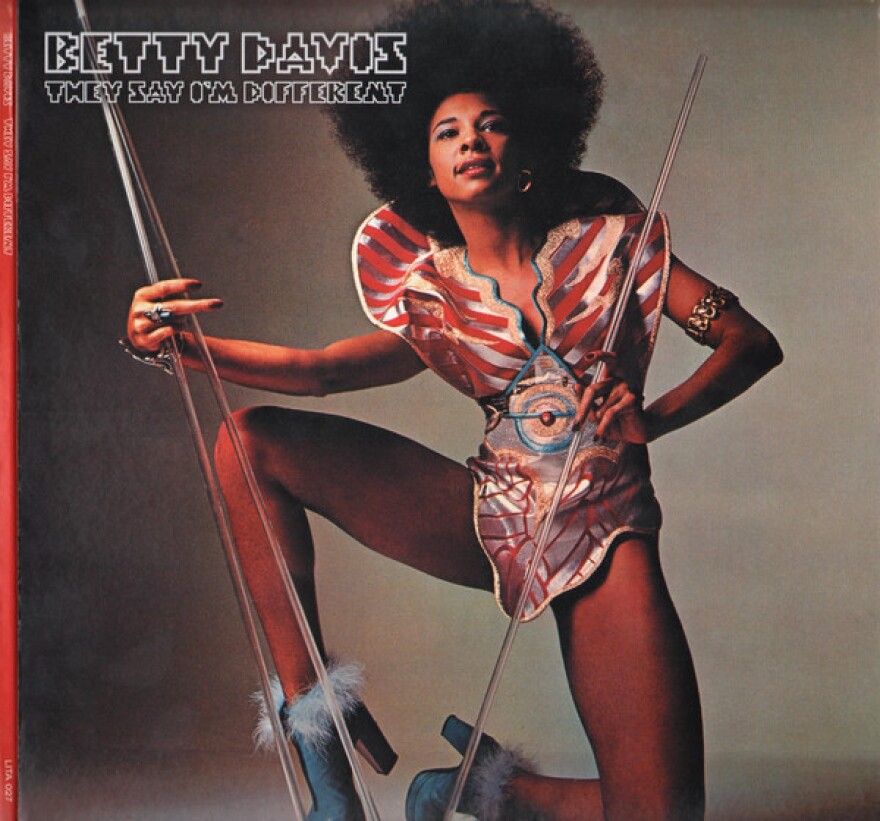Every Saturday evening for more than 15 years, Howard Burchette has hit the airwaves in Durham with a playlist of iconic tunes and interviews with masters of funk. On ŌĆ£The Funk ShowŌĆØ on WNCU, Burchette interweaves dance-worthy songs with stories from greats like Bobby Byrd, Chuck Brown and Bettye Lavette.
The part-DJ, part-historian joins host Frank Stasio to share some of his favorite funk memories and the music that accompanies them. You can hear Burchette on 90.7 WNCU in Durham every Saturday from 4 to 7 p.m., or you can on their website.
Interview Highlights
On how to define funk music:
In my opinion, the funk is R&B. R&B is soul, and they're all the same thing. ŌĆ” All of these different musics are just different branches of the tree that, honestly, that African Americans have created from gospel, the blues, rock and roll, rhythm and blues ŌĆö which is soul music ŌĆö and the funk. Now, if you asked I think six people: What is the definition of funk? They'll probably give you six different answers.
Something happened in 1970. Jimi Hendrix died. And what I saw, what I witnessed after Hendrix's death ŌĆö all of these groups started imitating Jimi Hendrix... and that's how I saw the funk come together.

On Betty Davis, Durham native:
I call her the High Priestess of Funk because she was out there on her own. She wasn't really played highly on Black radio back during that time because her style of music wasn't like Motown. It wasn't like ŌĆö it wasn't dance music. It was pure funk.

On how Bobby Byrd discovered James Brown:
[ByrdŌĆÖs family] signed James Brown out [of reform school], and he slept in the same bed. He literally became his brother. They incorporated James Brown into their family group, the Gospel Starlighters. And they taught James Brown how to play the drums. ŌĆ” And then James Brown became the drummer in his group The Famous Flames. And they got a recording contract at King Records, which was ŌĆ£,ŌĆØ and they had James sing lead on that one. And the rest is history.









